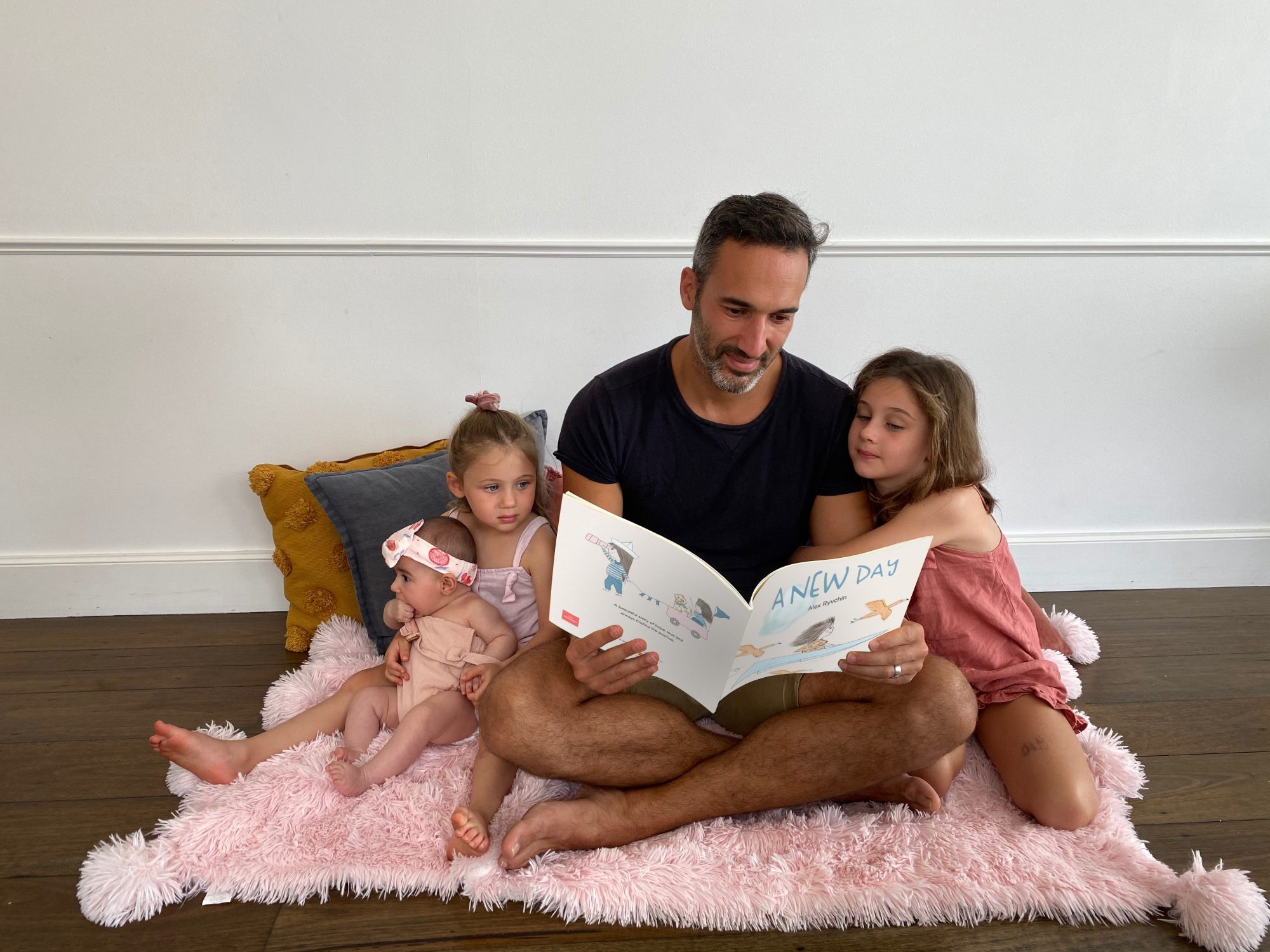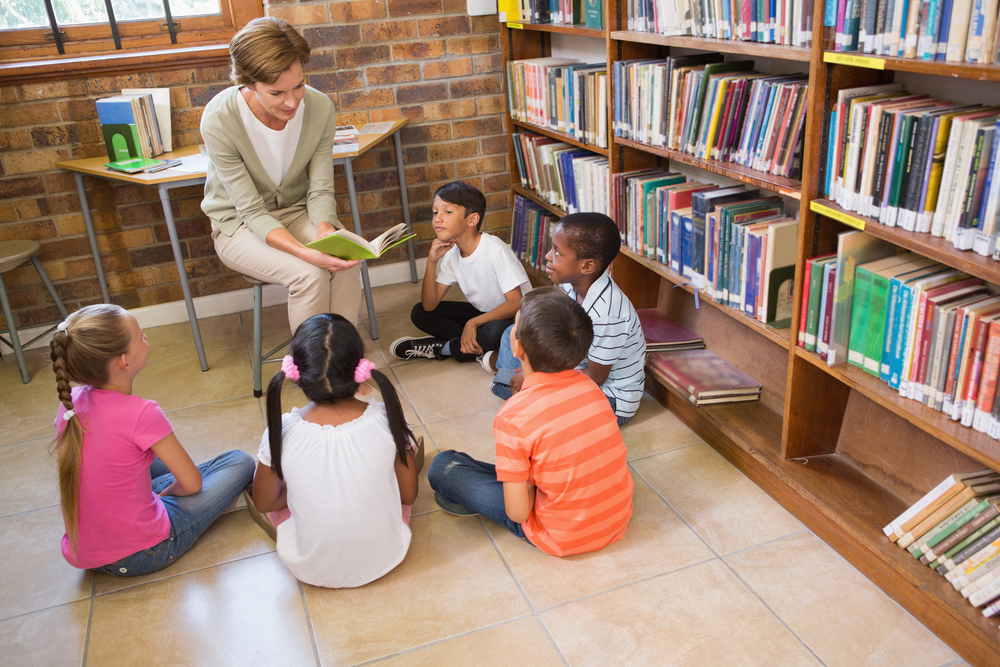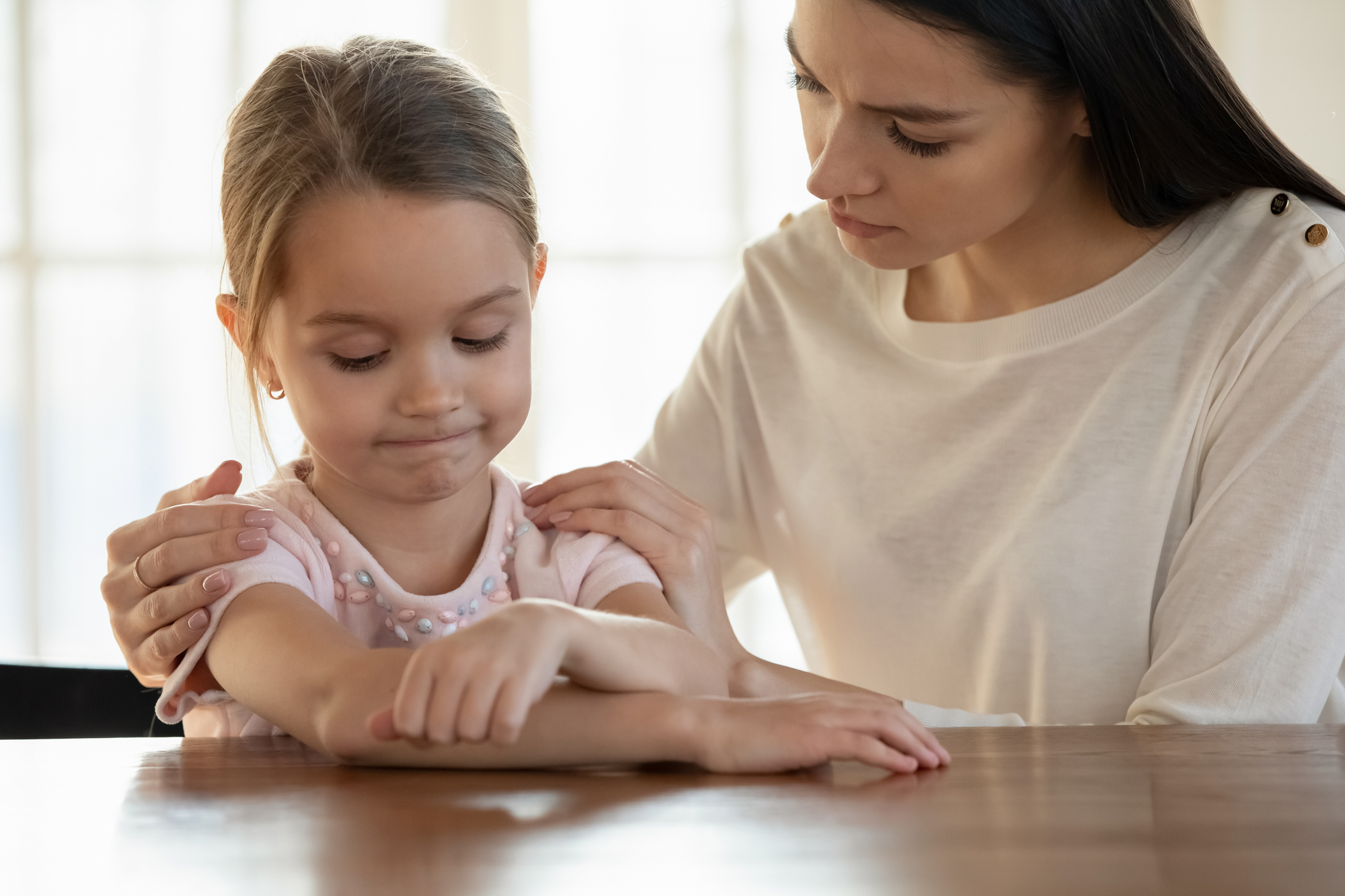Alex Ryvchin
When this is all over, the Coronavirus pandemic will be recorded and remembered as an extraordinary time in human history. For all our rapid advancements, unprecedented freedoms, access to information, and abundance of choice, we have been left isolated, anxious, and deeply unsettled. In the space of mere weeks, daily routines of work, family, leisure, that we have each carefully constructed over many years to give rhythm, balance and stability to our lives, crashed to nothing. Our interactions, the handshake, the kiss, the embrace, physical proximity to our fellow man, customs that have evolved over thousands of years to make us feel loved, valued and safe, suddenly ground to a terrible halt. To add to all this, there is the dread of financial insecurity, anxiety over the ability to obtain basic household items, and the fear that this enigmatic, creeping disease will strike us or the ones we love. We can perhaps only compare these times to living through a world war. For a generation that has known no conscription and seen no global conflicts, that is a jarring, unnerving proposition.
Our children are resilient and adaptable. They are unaffected by the insecurities and preoccupations we adults carry with us like heavy luggage. Instead, they are quick to forget, quick to move forward and ready to focus on what they have rather than what they have lost. And yet, the sudden loss of their classrooms, their sporting and social activities, their playgrounds, contact with their friends, and the withdrawal of physical affection from grandparents, is something truly profound. They sense the nervous tension of their parents. They witness the increased squabbling from lives upended and now lived at suffocatingly close quarters. Experienced for a prolonged period of time, all this could take a terrible toll on them.
But if we are resolute and focused on the well-being of our children; if we can hold firm in the belief that this crisis, like all before it, will eventually pass; something quite remarkable begins to happen. We begin to see that this brief stanza in human history may indeed leave us permanently changed, but in some ways, it could change us for the better. Suddenly deprived of so much, we begin to understand what is trivial and what really counts. A walk in the park, exercise, social contact, family, health. We are reminded to be grateful and not to take anything for granted. We begin to value the teachers whose patience must be superhuman. We appreciate the doctors and nurses and first-responders, those who live their lives in the service of others.
It may be that once this terrible virus passes, we will quickly slip back into the routines of old and will emerge as self-absorbed as we ever were. This book was written not only to help children through difficult times but to hold onto the good that has come from a miserable situation. It aims to foster resilience and a sense of hope and optimism in our children and in ourselves. And it seeks to remind us all, not just during this crisis, what is really important in life.
Alex Ryvchin was born in Kiev, Ukraine. He worked for a member of the state legislature as a researcher and speechwriter before practising law at two of the world’s largest law firms, first in Sydney and then in London.
He writes for leading publications and speaks around the world on the Arab-Israeli conflict, foreign and national affairs, antisemitism and the Holocaust, and religion and identity, and is a regular commentator on TV and radio.
To view on YouTube:
You may also like to read:









